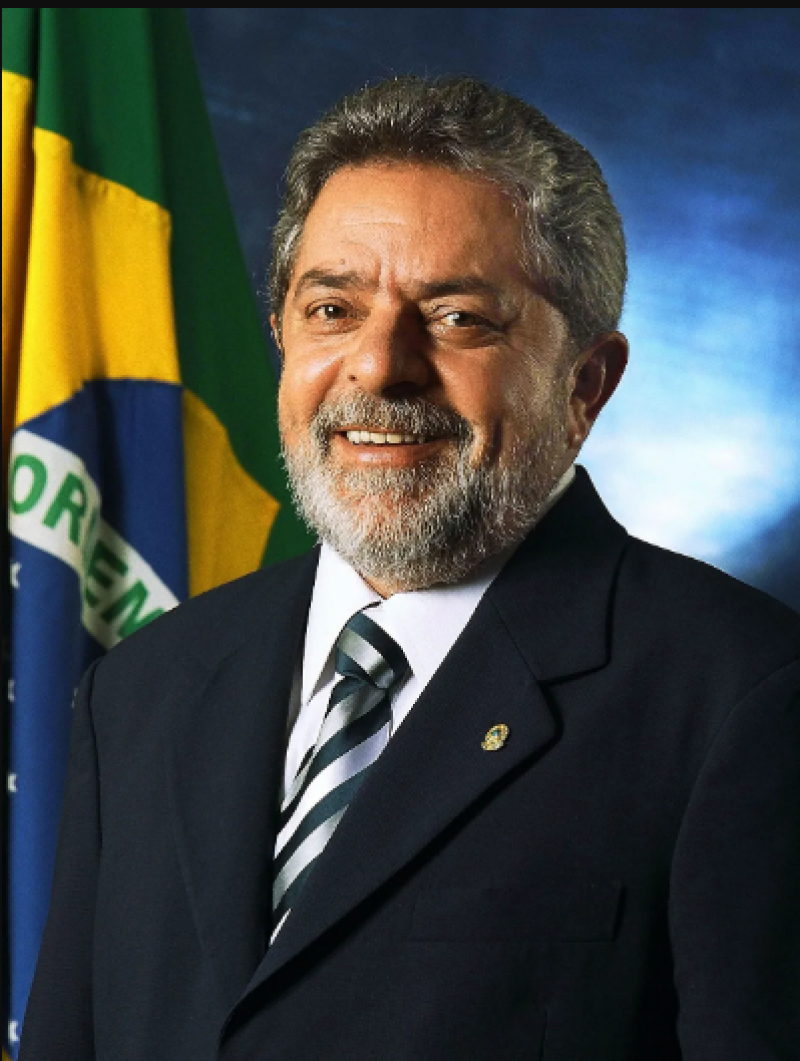
Brazil: Brazil's incoming president, Luiz Inacio Lula da Silva, unveiled some members of his cabinet on Friday, including his eagerly anticipated choice for finance minister, former Sao Paulo mayor Fernando Haddad.
Haddad's nomination ends weeks of suspense during which volatile stock prices and the nation's real currency experienced volatility and intense pressure from financial markets on da Silva to announce his choice. There was pressure.
Haddad, a 59-year-old former education minister, has belonged to the Workers' Party for more than 20 years. He has little knowledge of the market. Some experts were concerned with da Silva's selection of a politician affiliated with the party for the position.
Also Read: Military makes an appearance with the new president of Peru to solidify his position
According to the chief economist at MB Associates, "It is not yet clear how concerned this government is about costs for the coming years. Haddad engages in less dialogue with Congress than da Silva's former ministers and is more focused on fiscal issues." less committed to." Sergio Wells.
The Brazilian stock market fell sharply after Haddad's announcement, but recovered later.
Haddad acknowledged on Friday that he and his team would work closely with whoever named da Silva as the new minister of planning and budget. “We need a diverse team that works well together, and this team should include the Minister for Planning.”
To be elected now is the Minister for Budget and Future Planning. President Jair Bolsonaro abolished the cabinet position in favor of a broader ministry of economics run by liberal University of Chicago graduate Paulo Guedes.
Also Read: This country distributing free condoms to youths of 18 to 25 years, know why?
In 2003, Haddad began working for the Ministry of Planning and Budget during da Silva's first term. Later, he was appointed Minister of Education, a position he held for six years.
He resigned from the second da Silva administration to become mayor of São Paulo. After da Silva was found guilty of corruption and money laundering, he ran for the presidency in 2018 but lost to Bolsonaro.
On the campaign trail, da Silva, also known as Lula, promised to maintain and even expand a welfare program that provides 600 reais ($115) per month to 21 million poor families. gives.
The president-elect is attempting to obtain funding for the program, which is expected to cost US$27 billion, removed from the country's constitutionally mandated spending limits due to budgetary constraints and a desire to fulfill other campaign promises. has gone.
While some have praised his initiatives to combat hunger and poverty, others have criticized his perceived lack of financial restraint.
The appointment of Jose Macio as Minister of Defense was another important choice made by the incoming President of Brazil. Mcio served as a minister in da Silva's administration in 2003 and is the former head of the federal government's watchdog on financial matters. The Bolsonaro administration's strategy of militarizing the ministry was replaced by the appointment of a civilian to the defense post.
It is a campaign pledge made by da Silva. The main purpose is to emphasize the military in political debate, according to political analyst Eduardo Swartman, who also serves as president of the Brazilian Association for Defense Studies.
According to Swartman, the nomination of the MCIO also serves as a signal to opposition parties that the new administration is amenable to discussion. The new minister served as a legislator from 2007 to 2011 for the party supporting President Jair Bolsonaro.
"I always talk to him; he was my colleague in Congress for 20 years. Asked by reporters on Friday about speaking with Bolsonaro, MCIO replied, There is no need.
The new minister also said that he would nominate members of the armed forces according to the current hierarchical structure. As per the traditional system, the oldest members of each force would be nominated, the MCIO said, adding "I will propose to the President that we follow through."
To fill key cabinet positions, Bolsonaro, a conservative former army captain who often praised Brazil's military dictatorship (1964-1985), has relied heavily on serving and former soldiers.
The conflict surrounding Bolsonaro's intervention reached a peak in March last year when the heads of the three branches of the armed forces jointly resigned after replacing the defense minister. Many experts believed that this military reorganization served Bolsonaro's political objectives.
In an election he claimed, without providing any supporting evidence, was vulnerable to fraud due to the country's electronic voting machines, Bolsonaro has also called for an increased role of the armed forces.
Also Read: Top lawmaker dismissed following EU assembly lobbying scandal
Da Silva's electoral defeat on 30 October saw numerous demonstrations outside military barracks and facilities across the country, calling on the armed forces to step down from power and retain their leader.
Rui Costa, former governor of the state of Bahia and member of the Workers' Party